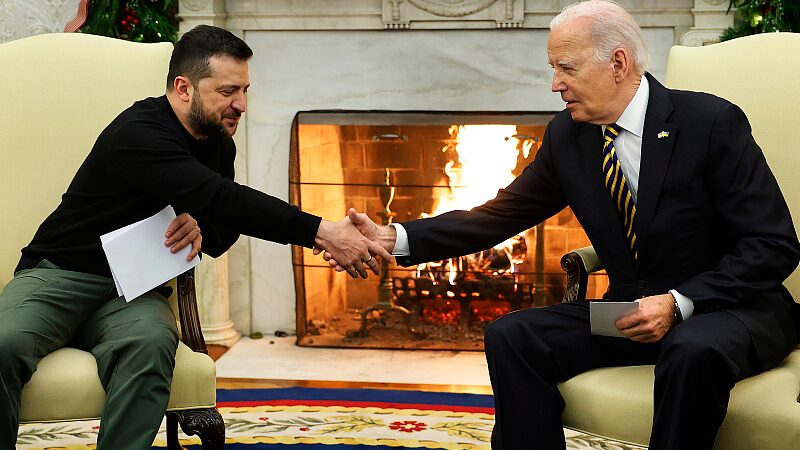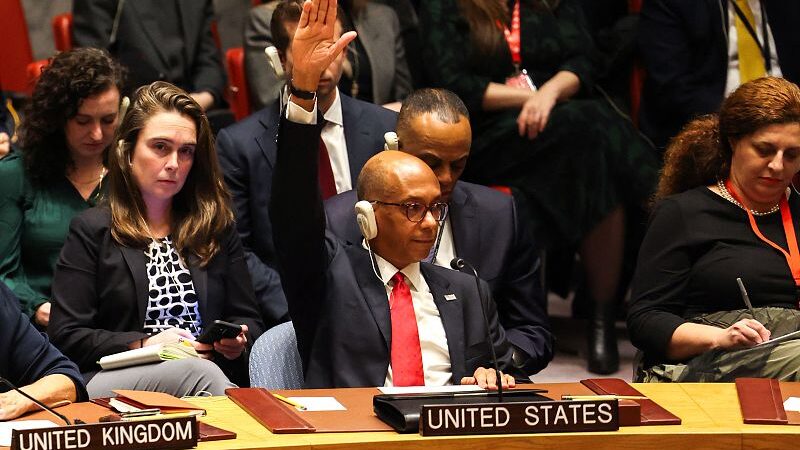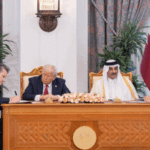As the Israel-Hamas conflict reignites debates about global influence, a burning question arises: Which world power holds more sway in the Middle East? 🤔 While some frame it as a rivalry, experts argue it’s less about competition and more about contrasting approaches to diplomacy.
💡 The US Playbook: President Biden’s 2022 Jeddah summit outlined five principles for Middle East policy—partnerships, deterrence, and values among them. Critics say Washington still leans heavily on military alliances and 'us vs. them' tactics. Case in point: the US recently vetoed a UN resolution calling for a humanitarian pause in Gaza, isolating itself from regional allies.
🇨🇳 China’s Strategy: Beijing’s focus? 'Win-win cooperation' and peace talks. From brokering the Saudi-Iran détente to pushing its Global Security Initiative, China emphasizes development over dominance. 'It’s not about challenging the US,' says Prof. Fan Hongda, 'but addressing what Middle Eastern nations actually want: sovereignty and stability.'
🌱 Why It Matters: With Middle Eastern countries increasingly prioritizing economic partnerships and conflict resolution, China’s development-focused model is gaining traction. Meanwhile, the US faces skepticism over its alignment with regional priorities. As one analyst puts it: 'When Gaza suffers, vetoes speak louder than speeches.'
🔥 The bottom line? Popularity isn’t about hashtags or hype—it’s about whose policies align with a region craving peace and progress.
Reference(s):
cgtn.com





